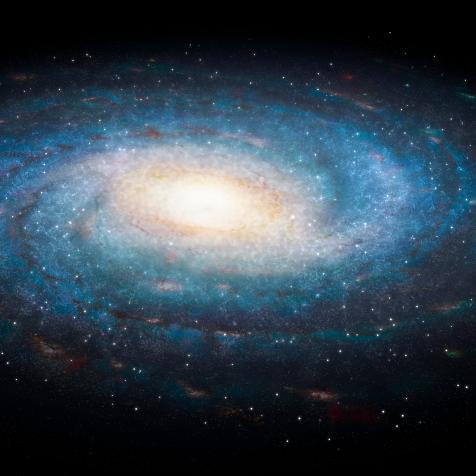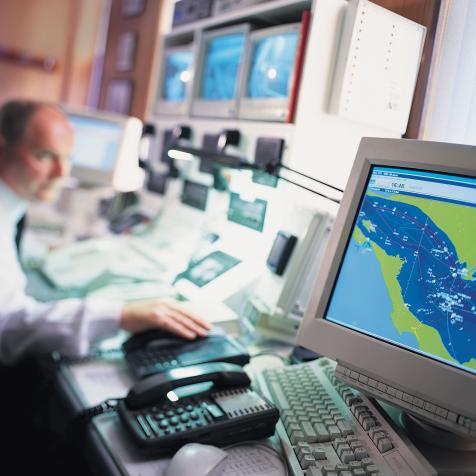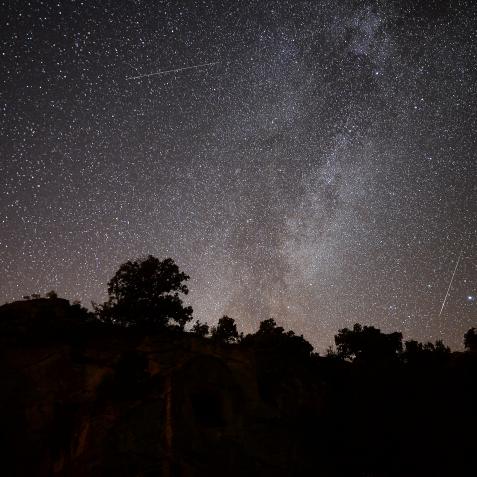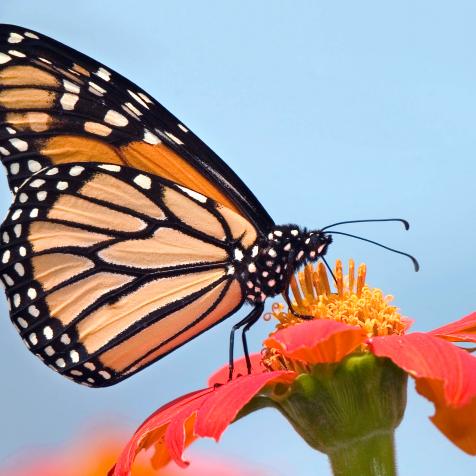
Shutterstock
The Annoying Reason You Have to Change Your Clock for Daylight Saving Time
This time-saving method has nothing to do with farmers.
(Updated 11/5/21)
Why do we have daylight saving time? Many people think that it was originally invented to give American farmers more daylight during harvest, but that's actually not true. It all had to do with war — World War I, to be exact.
A Century-Old Tradition
To save energy during wartime, President Woodrow Wilson proposed setting clocks back an hour in the fall, thereby giving people an extra hour of daylight when they wouldn't need to use electric lights. It actually wasn't an American idea at all: A New Zealand scientist proposed the idea in a paper way back in 1895. The U.S. wasn't even the first to do it during WWI; the German Empire started setting their clocks forward by an hour to save on artificial lighting in 1916, two years before the U.S. adopted the practice.
In any case, the time change was a boon for commercial interests. It gave office workers more daylight for shopping at the end of the day, after all. But contrary to popular belief, it was nothing but trouble for farmers.
Daylight Shaming Time
The shifted clock interfered with farmers' entire schedules. It meant they couldn't work as quickly in the morning because the fields were covered in dew, and cows weren't ready to produce when the milk truck arrived. They disliked daylight saving time so much, in fact, that they pushed, successfully, for its repeal in 1919.
That federal repeal turned daylight saving time from a broad national rule to a patchwork of state and local regulations. It created so many time differences that, according to History, "passengers on a 35-mile bus ride from Steubenville, Ohio, to Moundsville, West Virginia, passed through seven time changes." Finally, in 1966, the Uniform Time Act standardized daylight saving time for the United States yet again. It has changed several times since then, but the modern schedule has been in effect since 2007.
This article first appeared on Curiosity.com.












































































